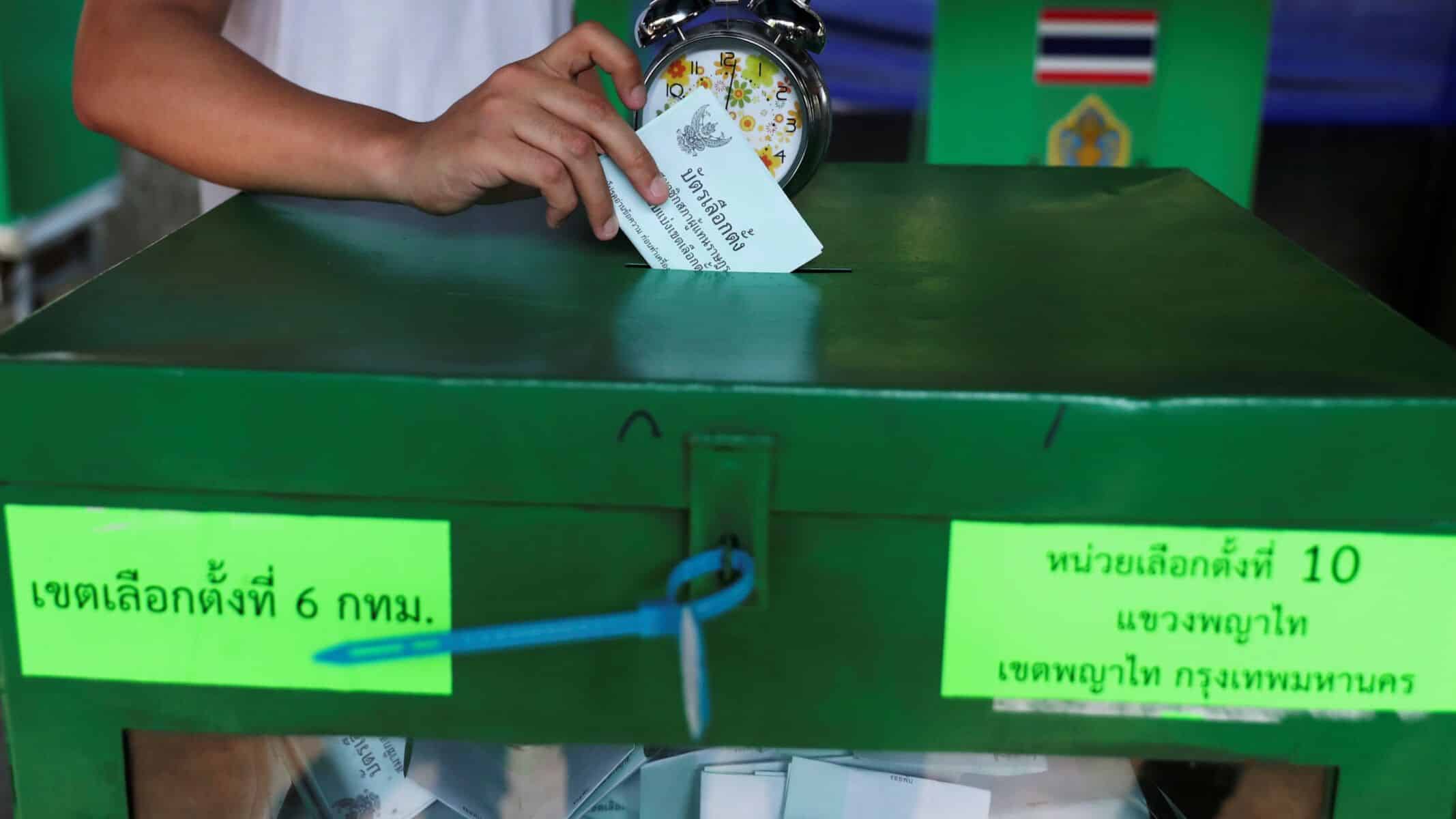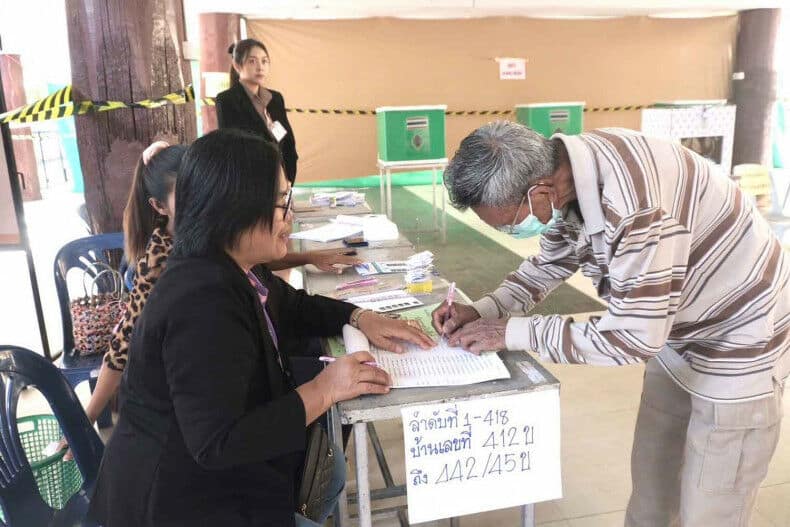Ballot bedlam: Nearly 2 million votes go to waste in local elections

In an electoral fiasco that left heads spinning, nearly 2 million ballots were either ruled invalid or marked as no-vote in the Provincial Administrative Organisation (PAO) presidential elections, which took place across 47 provinces last Saturday. The startling figures have raised eyebrows and questions about the voting process.
Today, February 3, the Office of the Election Commission unveiled the sobering statistics. For the PAO presidential elections, a staggering 931,290 ballots, equating to 5.69% of the total, were dismissed as invalid.
Meanwhile, a further 1.17 million ballots, or 7.08%, were marked with a no-vote, signalling apathy or dissatisfaction among voters.
Yet, despite the hiccups, of the 27.99 million eligible voters, 16.36 million managed to brave the polls, making up 58.45% voter turnout. Not a particularly stellar figure, but one that underscores the complexity of navigating democracy in action.
In tandem with the presidential contests, elections for provincial councillors were held in 76 provinces. Out of 47.12 million eligible voters, 26.42 million, or 56.06%, cast their ballots.
The commission reported a mirror image of the presidential races: 1.49 million invalid ballots (5.63%) and 1.80 million no-vote ballots, making up 6.81%.

On the brighter side, the northern province of Lamphun boasted the highest voter engagement, with 73.43% of eligible voters turning out for the PAO elections, a silver lining in a cloud of disenchantment.
Adding a historic twist to the night’s proceedings, the opposition Peoples Party celebrated a landmark victory, clinching the PAO presidency for the first time, reported Bangkok Post. Their success has marked a watershed moment in local governance, potentially shaking up the political landscape.
Unofficial results indicate that 39 year old Weeradej defeated Anusorn Wongwan, a four-time veteran from the ruling Pheu Thai Party, in the election held on Saturday, February 1. The PP presented 17 candidates for PAO president roles across 47 provinces but it was only in this northern province that the party secured a victory.
As the dust settles over this election drama, authorities will undoubtedly be keen to address the voting blunders and ensure that future elections run smoother and free from such mishaps.
Latest Thailand News
Follow The Thaiger on Google News:


























